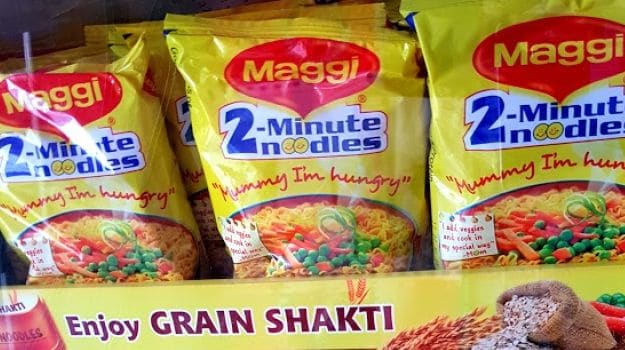The two parties, Swiss-giant Nestle's Indian arm, and the government of India went through nearly two hours of arguments before the bench on whether fresh tests must be allowed or not. A round of tests were ordered on October 15 on 13 samples of Maggi noodles from nine batches on a request by the government counsel.
Regarding the fresh tests, counsel Iqbal Chagla, representing Nestle India, asked: "Did they (government) get to know the report of the previous tests and want to hide it because it is in our favour? Is that why they want more tests?" But the government counsel contended that the case was a "first of its kind, where the government is representing the voices of all consumers in the country, and has a need to fight for the consumers who have been victims of the hazardous product".
Additional Solicitor General Sanjay Jain, representing the Indian government, insisted that there was a need to test a "wider range" of samples to ensure the product's safety. Jain suggested that the fresh samples be tested at the Central Food Technological Research Institute in Mysuru, or at the Defence Food Research Laboratory in Mysuru, or at the Export Inspection Agency in Kolkata. However, of these suggested laboratories, none is accredited as per the Food Safety and Standards Authority of India's (FSSAI) order dated November 6.








